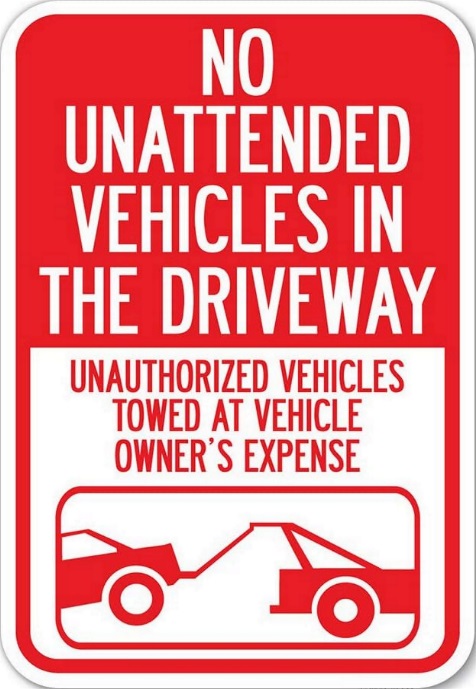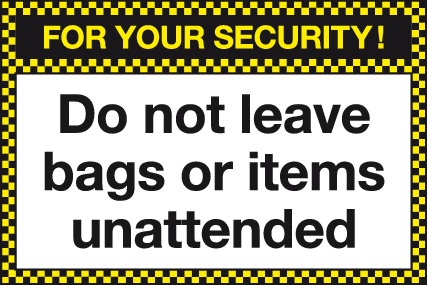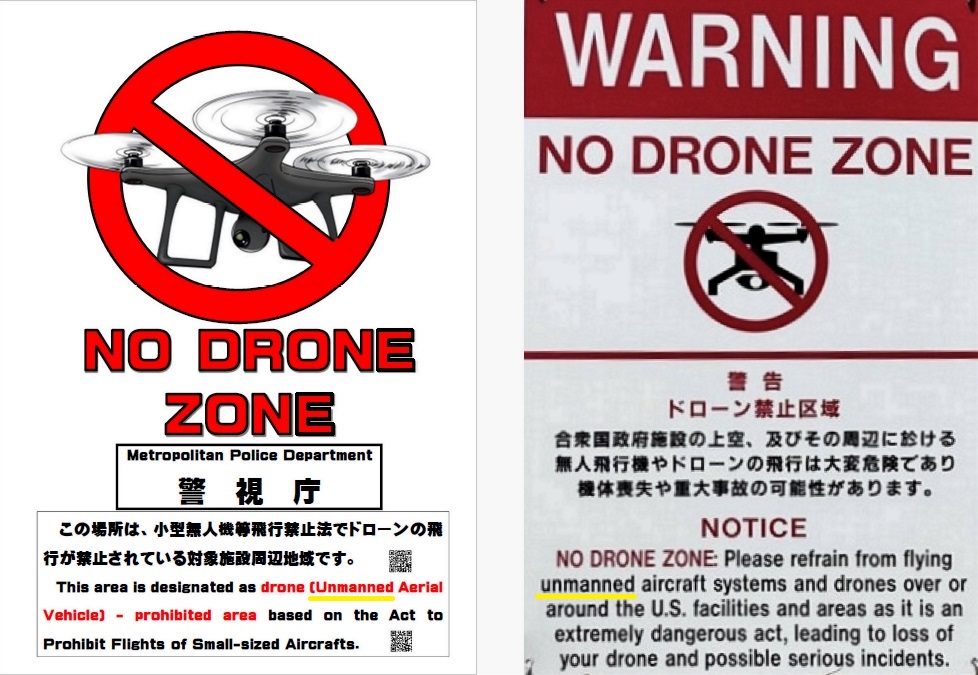Unattended
2023/11/22
付き添われていない、 無人の、 放置された
幼い子どもや高齢者など、 社会的弱者に
関する話題で よく出てくる形容詞。
意図がどうであれ、 監視 すべき対象から、
目を離している状態を示す。
” Unattended “
left alone without anyone in charge.
( ロングマン、LDOCE6 )
【発音】 ʌ̀nəténdid
【音節】 un-at-tend-ed (4音節)
–
◆ ” attend ” には、 自動詞と他動詞がある。
細かく言えば、 多義な単語であるが、
日本のビジネスでも使う 「 アテンドする 」
( 付き添う ) が基本的意味。
動詞の過去分詞 ” attended ” から、 形容詞用法に。
- 接頭辞 ” un ” ( ~ がない )
- 形容詞 ” attended ” ( 付き添われている )
だから、” unattended ” は「 付き添われていない 」。
–
◇ 社会的弱者について用いる場合、
ネガティブな内容 が目立つ。
「 付き添うべき人が欠けた不安定な状態 」
を、この1語で表している。
–
いわば 「 置き去り 」 に近い印象
–
当然、 危険視される。
ゆえに、 一緒にいなければならないはずの者を
強くとがめる 調子を帯びがち。
–

- “Babies should not be left unattended.”
(赤ちゃんを独りにしてはいけない。)
– - “Lock devices when left unattended.”
(デバイスから離れる際は、鍵をかけること。)
– - “Log out or lock any unattended laptop.”
(ノートパソコンから離れる際は、ログアウトするか
鍵をかけること。)
– - “It is inexcusable to leave a baby unattended.”
(赤ちゃんを独りにするなんて言語道断だ。)
– - “Do not leave children unattended.”
(子どもに常に付き添うようお願いいたします。)
– - “It is a big no-no to leave your dog unattended.”
(飼い犬を放置するのは絶対に禁物です。)
–
- “Any mother in her right mind would leave
her baby unattended.”
(正気な母親なら赤ちゃんを置き去りにしない。)
– - “Don’t leave the kid unattended to
stem the use of drugs.”
(薬物使用を阻止するには、その子を見張ることだ。)
– - “Unattended children are vulnerable.”
(付き添われていない子たちは狙われやすい。)
– - “an unattended death”
(孤独死、 die alone )
–
■ 無生物 にも使う
物品であれば「 放置された 」と訳すことが多い。
–
不正を暗示する点で、やはりネガティブイメージ
を伴う。
- “an unattended bag”
(放置されたバッグ)
– - “an unattended bicycle”
“an abandoned bicycle”
(放置自転車)
– - “unattended delivery”
(置き配)
→ deliver a package unattended at the door
( ドア前に荷物を1つ置き配する )
– - “an unattended vehicle”
“an abandoned vehicle”
(放置車両)
–
–
 –
–
– - “Do not leave your vehicle unattended.”
“No unattended vehicle at any time.”
(車両を放置しないでください。)
(車両から離れないでください。)
– - “Do not leave an unattended vehicle’s engine running.”
(エンジンをかけたまま、車を離れないでください。)
– - “Remove your card when unattended.”
(離席時は、カードを取り出してください。)
– - “Do not leave lit candles unattended.”
(火のついたろうそくを放置しないこと。)
– - “We did not want to leave your package unattended.”
(お客様の荷物を放置したくなかったのです。)
– - “Do not leave an unattended faucet running.”
(蛇口を出しっぱなしで放置しないでください。)
– - “Do not leave your personal belongings unattended.”
(所持品を放置しないでください。)
(所持品から目を離さないでください。)
–

ー
■ 技術用語としても大切
基本的意味は「 無人の 」。
形容詞 ” unmanned “ と同義。
他動詞 ” man “( 要員を配置する )の過去分詞 ” manned ” から、
形容詞 ” manned ” に。
【発音】 mǽnd
【音節】 manned (1音節)
- “The police station is no longer manned 24/7. ”
(その交番は、もはや24時間体制にはない。)
既に触れた ” unattended ” と同様のパターン。
- 接頭辞 ” un “( ~ がない )
- 形容詞 ” manned “( 要員を配置している、有人の )
【発音】 ʌnmǽnd
【音節】 un-manned (2音節)
–
こちらは中立的な意味合い。
- ” an unattended operation “
- ” an unmanned operation ”
(無人運転)
– - ” an unattended terminal “
- ” an unmanned terminal ”
(無人端末)
– - ” an unattended camera “
- ” an unmanned camera ”
(無人カメラ)
– - ” an unmanned aircraft “
- ” an unmanned aerial vehicle ” ↓
(無人飛行機)
 –
–
↑ 警視庁 及び 在日米軍基地
( 下線は引用者 )
【発音】 έəriəl
【音節】 aer-i-al (3音節)
【発音】 víːəkl
【音節】 ve-hi-cle (3音節)
【発音】 έərkræ̀ft
【音節】 air-craft (2音節)